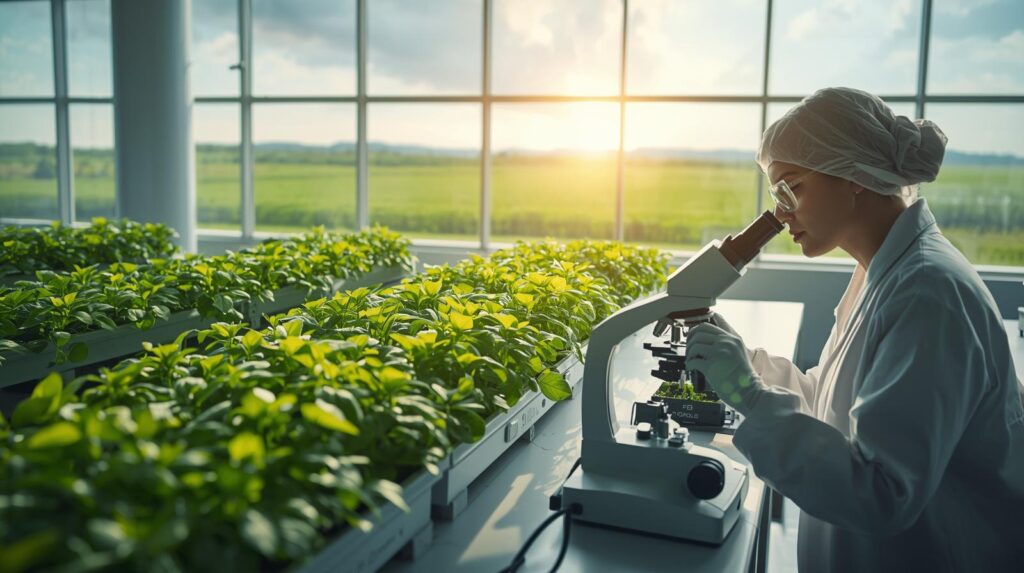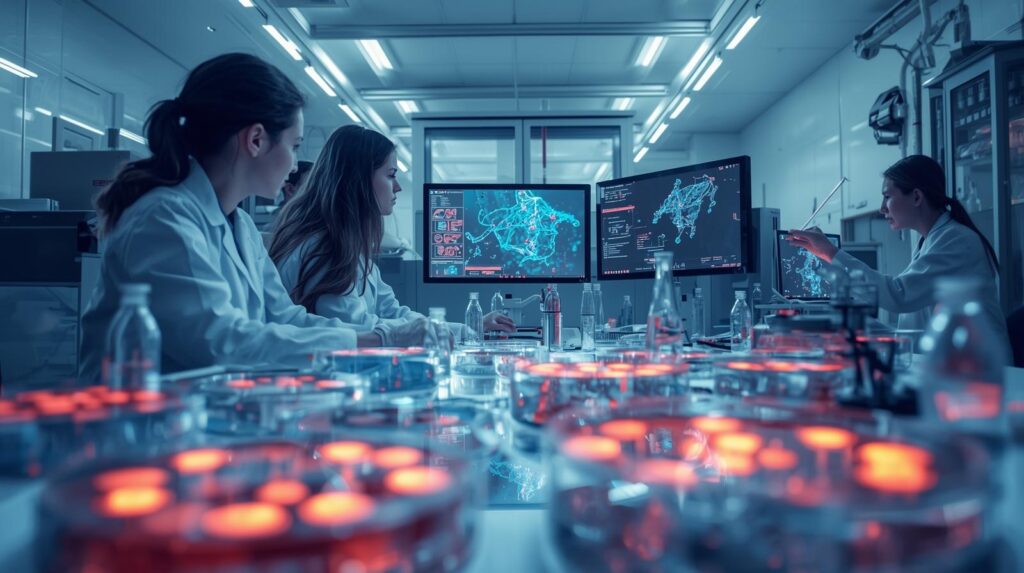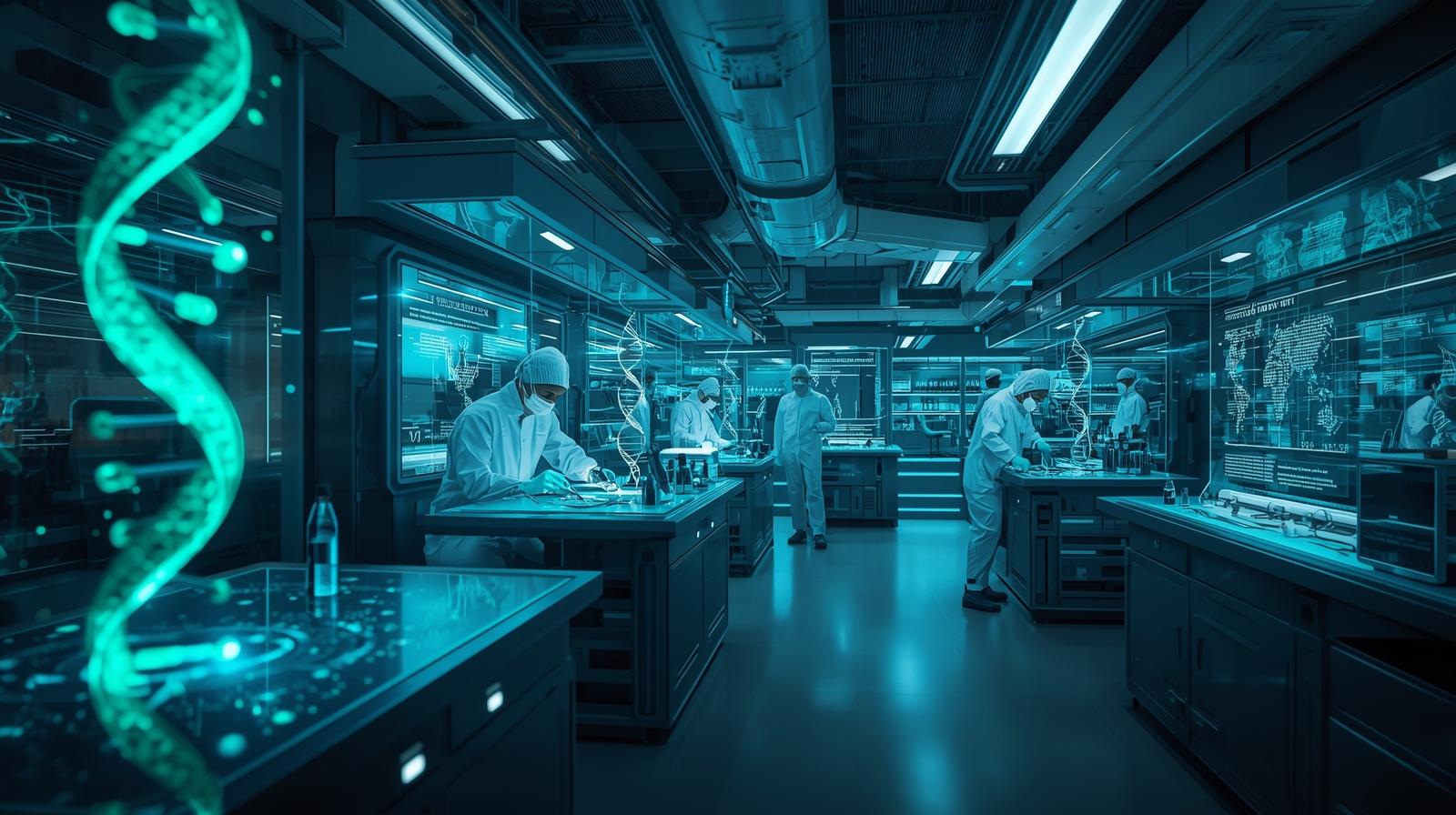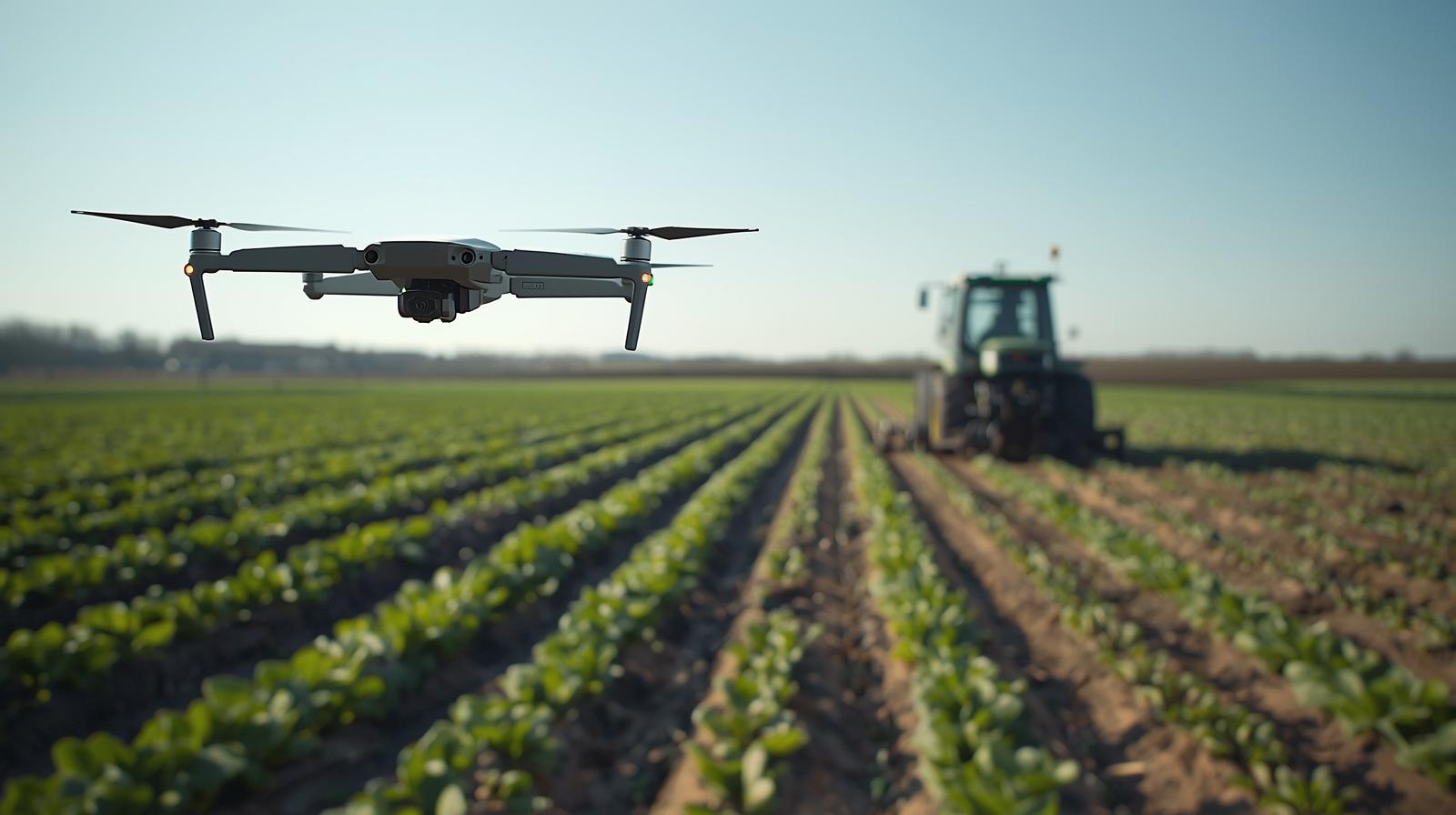Biotechnology stands at the forefront of scientific innovation, blending biology with technology to solve some of the most pressing challenges facing humanity today. From healthcare to agriculture, environmental management to industrial processes, biotechnology is transforming various sectors by harnessing the power of living organisms and biological systems. For the United States, a global leader in biotechnology research and development, this field represents a critical pillar of scientific advancement and economic growth.
At its essence, biotechnology involves the use of living cells and biomolecules to develop technologies and products that improve human life. This interdisciplinary science integrates knowledge from molecular biology, genetics, biochemistry, and engineering to innovate solutions with far-reaching impacts.
One of the most prominent applications of biotechnology is in medicine. The development of vaccines, gene therapies, and personalized medicine exemplify how biotechnology enhances healthcare. Genetic engineering enables researchers to identify and modify genes responsible for diseases, opening new avenues for treatment and prevention. The rapid creation of mRNA vaccines during the COVID-19 pandemic highlighted the agility and potential of biotechnology in responding to global health crises. Furthermore, advances in CRISPR gene-editing technology promise to revolutionize the treatment of genetic disorders by enabling precise modifications to DNA sequences.
In agriculture, biotechnology plays a pivotal role in improving crop yields, resistance to pests and diseases, and tolerance to environmental stresses such as drought and salinity. Genetically modified organisms (GMOs) have been developed to meet the growing food demands of a rising population while minimizing the environmental footprint. The United States has been a leader in adopting agricultural biotechnology, leveraging these innovations to support food security and sustainable farming practices.

Environmental biotechnology applies biological systems to address environmental challenges, including pollution control, waste management, and ecosystem restoration. Techniques such as bioremediation use microbes to clean contaminated soil and water, offering eco-friendly alternatives to chemical treatments. Additionally, biotechnology aids in the development of biofuels, renewable energy sources derived from biological materials that can reduce dependence on fossil fuels and lower greenhouse gas emissions.
Industrial biotechnology, often referred to as white biotechnology, utilizes enzymes and microorganisms to manufacture chemicals, materials, and bio-based products in a sustainable manner. This approach reduces the reliance on petroleum-based resources, cutting carbon emissions and promoting a circular economy. The advancement of bio-manufacturing processes highlights the intersection of biotechnology with engineering and material science, driving innovation in industries ranging from pharmaceuticals to textiles.
The biotechnology sector in the United States benefits from a robust ecosystem of research institutions, universities, startups, and established corporations. Government agencies and private investors provide significant funding and support for biotechnology research and commercialization. This vibrant landscape fosters collaboration, accelerates technological breakthroughs, and creates high-skilled jobs, contributing to the country’s leadership in the global biotech market.

Ethical considerations and regulatory frameworks are integral to the responsible development and deployment of biotechnology. Ensuring safety, efficacy, and public trust requires rigorous testing and oversight. The U.S. Food and Drug Administration (FDA) and other regulatory bodies play crucial roles in evaluating biotech products, balancing innovation with societal welfare.
Looking ahead, the future of biotechnology is poised for remarkable growth and impact. Emerging fields such as synthetic biology, which involves designing and constructing new biological parts and systems, and bioinformatics, the application of computational tools to biological data, are expanding the possibilities of what biotechnology can achieve. These advances promise to deepen our understanding of life’s complexities and enable the creation of novel solutions to global challenges.
In conclusion, biotechnology embodies the powerful synergy of science and technology, driving innovation across healthcare, agriculture, environment, and industry. For the United States, continued investment in biotechnology research and development is essential to maintain its competitive edge and address critical societal needs. As biotechnology evolves, it offers a promising path toward a healthier, more sustainable, and technologically advanced future.



